Every year, March 8 marks a day with profound meaning on the global calendar: International Women's Day. This date is not only an occasion to celebrate achievements, but also to protest and reflect on the challenges that women around the world still face. Emerging from a legacy of resistance and solidarity, March 8 commemorates the brave struggle of women for equal rights, justice and emancipation.
However, as we celebrate the progress made, we must also remember that the fight for gender equality is far from over. We still face significant obstacles in achieving equal rights for all people, regardless of gender. The pay gap, lack of representation in leadership positions, gender-based violence and systemic discrimination are just some of the challenges that persist today.
Origins of March 8
The origins of March 8 are located at the dawn of the 20th century, a time of social effervescence and change. It was a time when women, facing unfair working conditions and a flagrant lack of political and social rights, began to organize and raise their voices against the oppression that relegated them to subordinate roles in society.
Among the most notable milestones is the event of 1908, when the brave textile workers of New York challenged harsh working conditions and labor exploitation by marching in a historic strike. Their demand was clear and forceful: fair wages, safe work environments and the fundamental right to vote. This protest, marked by its determination and solidarity, resonated beyond the factories of New York, inspiring women around the world to rise up against injustice and inequality.
Since then, every year, March 8 has become an emblematic day of commemoration and action in favor of women's rights. It is not only a date to celebrate the progress made, but also to remember the persistent fight for gender equality. Through demonstrations, conferences, cultural events and awareness campaigns, International Women's Day reaffirms the global commitment to promoting equity and justice for all people, regardless of gender.
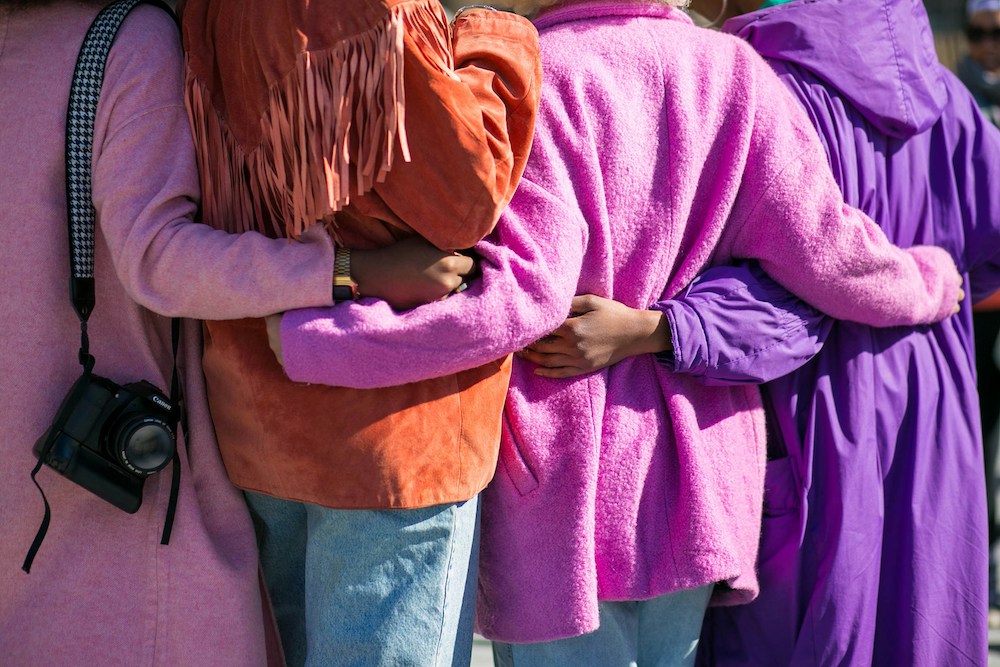
In addition to its historical relevance, March 8 has also become a platform to highlight the crucial role that women have played and continue to play in building a more just and equitable world. From the visionary leaders who spearheaded suffrage movements to contemporary activists fighting gender violence and discrimination, women continue to challenge barriers and make their voices heard in all spheres of society.
March 8, therefore, is much more than a date on the calendar. It is a reminder of the resistance, solidarity and determination of women around the world. It is a call to action to work together to build a more inclusive and equitable future for all people, where human rights are respected and protected, regardless of gender.
Pioneer women in feminism
The feminist movement has been driven by brave and visionary women who challenged social norms and fought for gender equality. These are some of the pioneers whose contributions have left an indelible mark on the history of feminism:
Emmeline Pankhurst (1858-1928)
Known as one of the most prominent figures in the fight for women's rights, Emmeline Pankhurst is widely recognized as the founder of the suffrage movement in the United Kingdom. Her courageous leadership and tireless dedication to the cause of women's suffrage marked a crucial milestone in the history of political activism. Pankhurst not only advocated for women's right to vote, but also led a radical campaign that openly challenged established power structures. Through tactics of civil disobedience and bold protests, Pankhurst and her followers stood up to repression from the government and conservative society of the time.
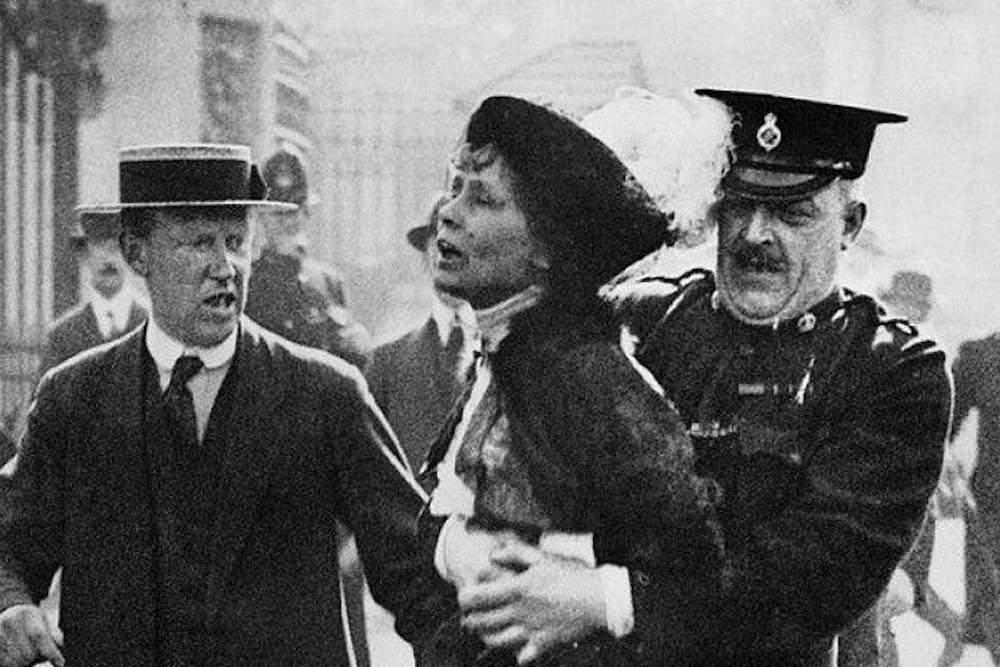
Enduring jail, hunger strikes and facing police violence became an integral part of his struggle, but his determination never wavered. Pankhurst's legacy transcends the borders of the United Kingdom, inspiring women around the world to stand up against injustice and claim their place in the political sphere. Her contribution to the suffrage movement continues to be remembered as an example of courage and perseverance in the fight for equal rights.
Susan B. Anthony (1820-1906)
Recognized as a central figure in the United States suffrage movement, Anthony left a lasting legacy in the history of the fight for equal rights. Her tireless dedication to the cause of women's suffrage and the defense of women's rights made her an icon of feminist activism. Beyond her fight for the vote, Anthony was an ardent abolitionist, working tirelessly to end slavery in the United States.
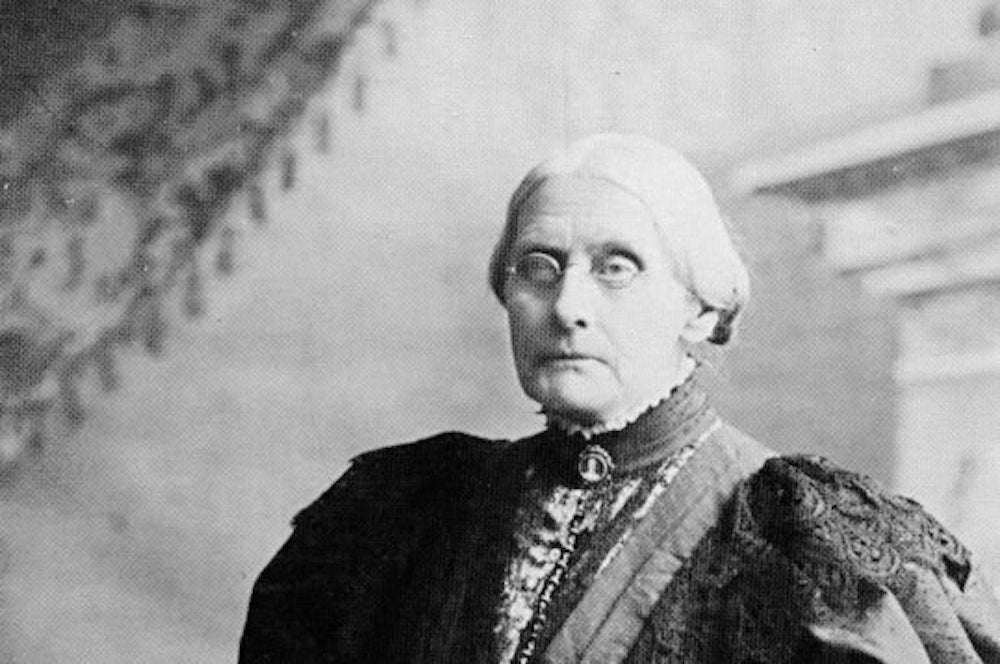
Her commitment to social justice led her to collaborate closely with other feminist leaders of her time, forging alliances and strategies that propelled the movement forward. Through her courageous leadership and inspiring vision, Anthony paved the way for the advancement of women's rights in the United States and beyond.
Simone de Beauvoir (1908-1986)
Recognized as one of the most influential figures in 20th century feminist thought, French philosopher and writer Simone de Beauvoir left a lasting legacy in the fight for gender equality. In addition to her masterful work "The Second Sex", where she thoroughly analyzes the oppression of women throughout history, De Beauvoir addressed a wide range of topics related to freedom, ethics and politics from a feminist perspective.
In addition to her literary work, De Beauvoir was an activist committed to the feminist cause, participating in social and political movements that sought the emancipation of women. Her influence transcended borders, inspiring generations of women to challenge social norms and fight for their rights.
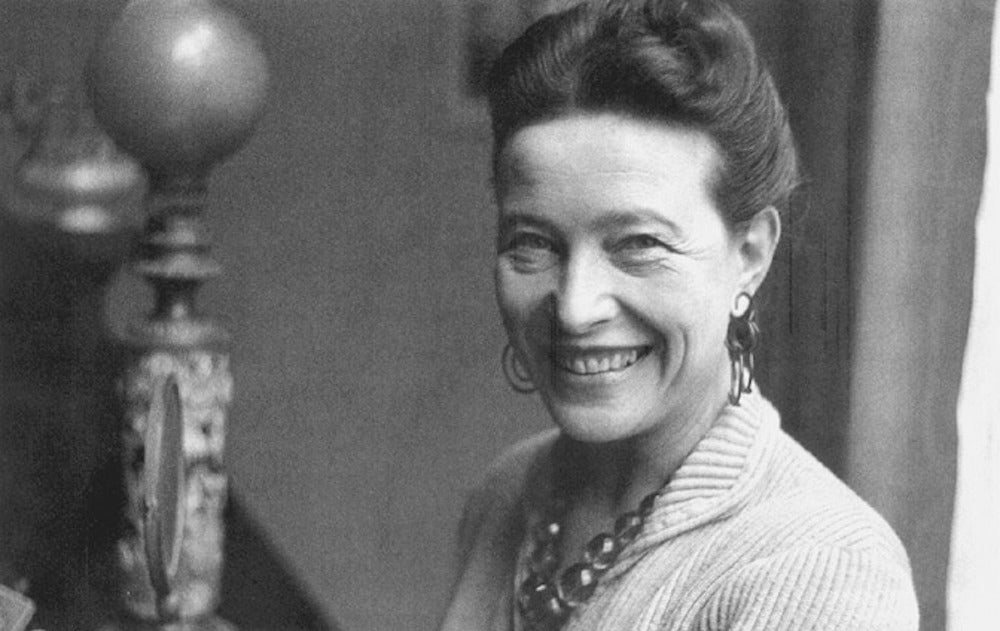
Throughout her life, de Beauvoir passionately championed the idea that women should not be defined by their relationship to men, but rather as autonomous individuals with their own aspirations and capabilities. Her revolutionary work remains relevant in the contemporary feminist struggle, serving as a source of inspiration and a call to action to continue challenging patriarchal power structures and work towards a more just and equal society for all people.
Rosa Parks (1913-2005)
More than an emblematic figure of the civil rights movement in the United States, Rosa Parks is remembered as a pioneer in the fight against racial and gender segregation. Her act of resistance in 1955, when she refused to give up her seat on a bus to a white passenger, marked a turning point in the history of the fight for equality.
Through his courageous civil disobedience, Parks openly challenged the system of racial discrimination that prevailed in American society, and his action resonated around the world. Their act of peaceful resistance inspired a mass movement that sought to end segregation and promote racial and gender equality.

Parks not only challenged racial injustice, but also highlighted the intersectionality of struggles for equality. Their bravery transcended racial and gender boundaries, serving as a powerful reminder that the fight for justice cannot be separated from the fight for gender equity.
Despite facing persecution and threats, Parks remained steadfast in his commitment to justice and equality. His legacy endures as a beacon of hope and inspiration, reminding us that each of us has the power to challenge injustice and contribute to building a more just and equitable world for all.
Malala Yousafzai (1997- )
Malala's story transcends the borders of her home country, Pakistan, to become a global symbol of courage and resistance in the fight for girls' education and gender equality. At a young age, Malala openly defied the Taliban's ban on women's education, fervently defending their right to receive an education.
Her commitment to the cause led her to suffer an assassination attempt by the Taliban in 2012, an act intended to silence her voice and intimidate others who dared to challenge the status quo. However, the brutality of this attack only served to strengthen Malala's resolve, and after a miraculous recovery, she continued her activism with renewed passion and an even greater global platform.
Since then, Malala has used her voice and influence to advocate for the rights of women and girls around the world, working tirelessly to ensure that all have access to quality education and equal opportunities in the world. life. Through her Malala Foundation, she has funded educational projects in marginalized communities and has advocated with world leaders for policies that promote gender equality in education.
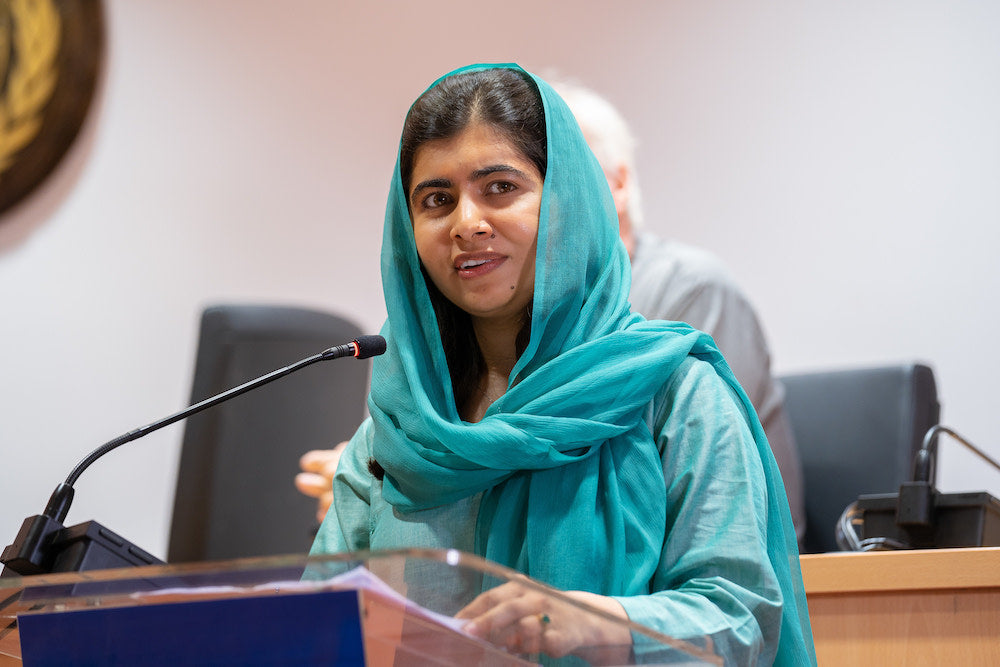
Malala's legacy goes beyond her individual achievements; is a living testimony to the transformative power of education and human determination. Her bravery inspires millions of people around the world to stand up against injustice and work together to build a future where all girls and women have the opportunity to reach their full potential, regardless of their gender or background.
Celebrating Legacy and Resistance:
The legacy of these pioneering women and many others is an inspiration to all those who continue the fight for gender equality today. Despite the progress made, women continue to face significant challenges in areas such as access to education, political participation, equal pay and gender violence. International Women's Day reminds us of the importance of continuing to work together to achieve a more just and inclusive world for all people, regardless of gender.
International Women's Day, more than just a day on the calendar
March 8 is a day of recognition and gratitude towards women who, throughout history, have challenged obstacles, fought discrimination and redefined the limits of what is possible.
As we honor the pioneers of feminism, we remember the importance of recognizing their legacy and learning from their courage and determination. From suffragettes who fought for the right to vote to contemporary activists facing global challenges, women have been at the forefront of social change, inspiring future generations to follow in their footsteps.
However, March 8 is also a call to action. As we celebrate women's achievements, we must commit to continuing to work together to address the persistent inequalities that women still face around the world. From the pay gap to gender violence, there are many challenges we must overcome to achieve true gender equality.
On this day, we reaffirm our commitment to building a more inclusive and fair world for all, where gender is not an obstacle to achieving full human potential. Let us continue to elevate women's voices, support their struggles and work together to create a future where equality is the norm and not the exception.
FREQUENTLY ASKED QUESTIONS ABOUT 8M AND FEMINISM
What is the objective of 8M?
The main objective of 8M is to make gender inequalities visible and promote equal rights and opportunities for women in all spheres of society.
What is feminism?
Feminism is a social and political movement that seeks equal rights and opportunities between men and women, as well as the elimination of gender discrimination in all its forms.
How is 8M celebrated in different parts of the world?
8M is celebrated in various ways around the world, ranging from marches and demonstrations to cultural events, talks and social media campaigns.
What challenges did the pioneering women of feminism face?
Women who pioneered feminism faced a wide variety of challenges, including sexism, discrimination, social ostracism, and even violence, all while fighting for gender equality.


















































